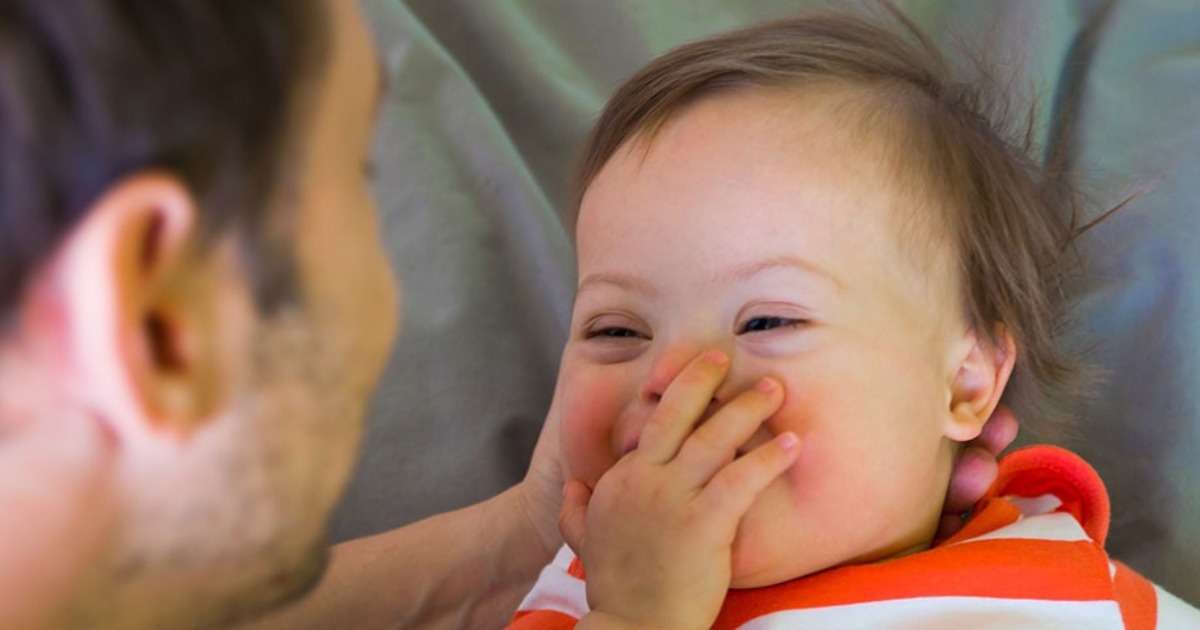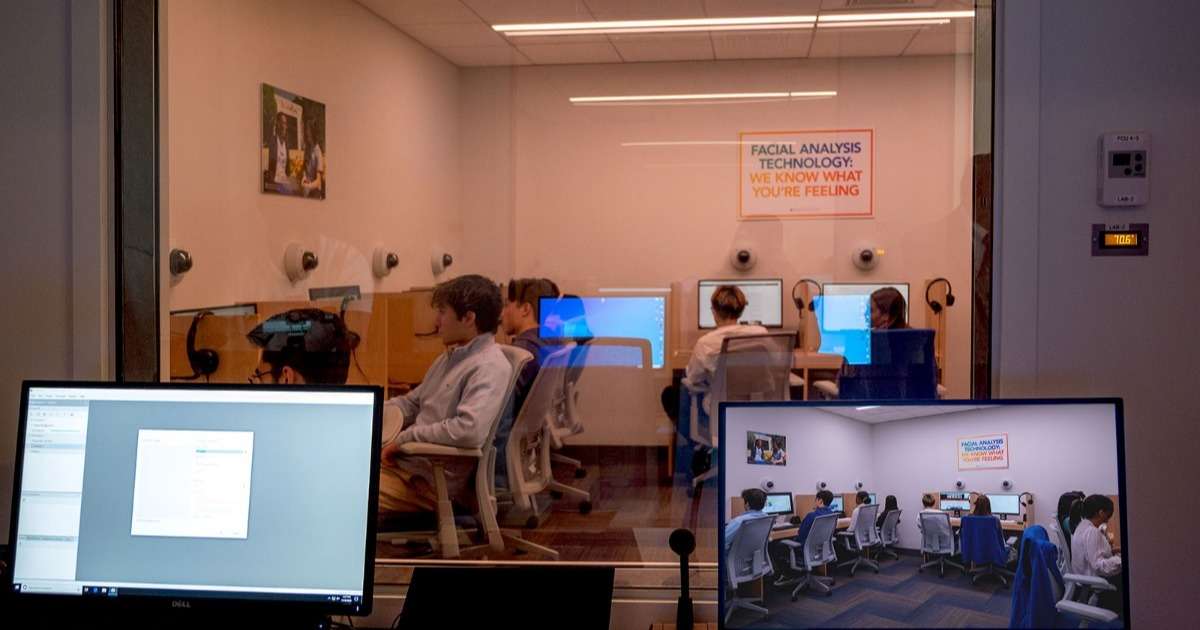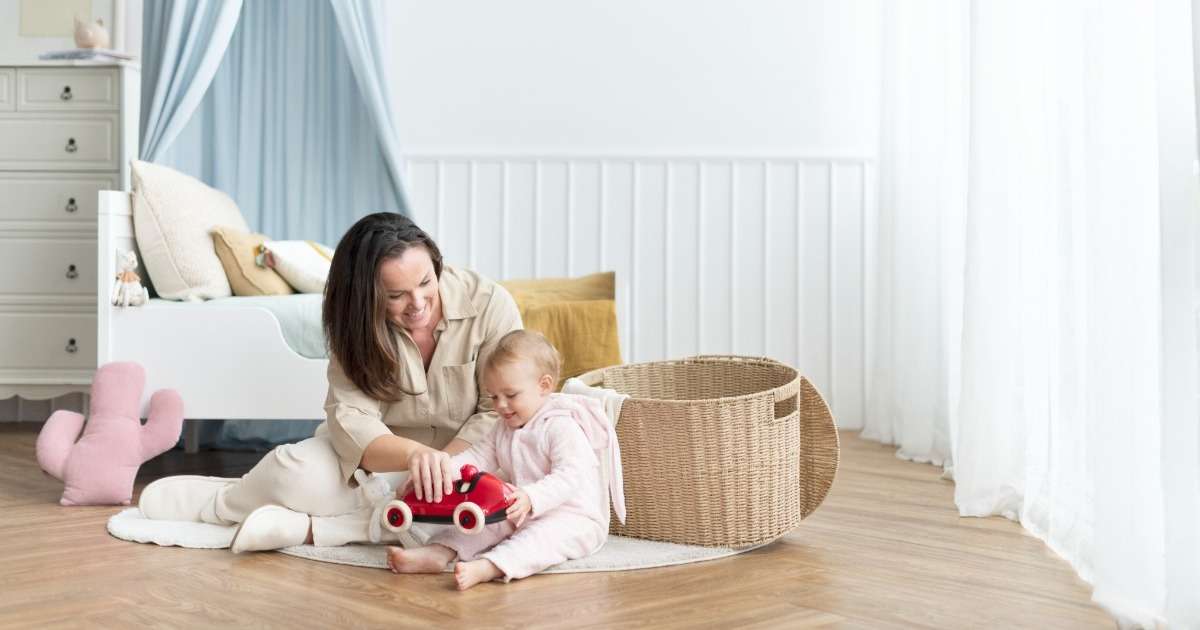
Let's work together: mother-adolescent interactions in fragile X syndrome
All parents want their children to comply with their requests - for at least some of the time! What's the best way to request something when you have an adolescent boy with fragile X syndrome?

Using augmented toys to facilitate play in children with visual impairments
How can we help children with visual impairments in their development of play and social interactions? Drs. Suzanne Verver and her team examined the effects of sound-augmented toys on peer play.

Understanding cognitive delays in infants with Down syndrome
Did you know that Down syndrome is one of the most common chromosomal diseases in people? Researcher Fidler and her colleagues aim to understand more about early cognitive development in people with Down syndrome.

Behind the Scenes: Human Behavior Research Labs
Observation and analysis of human behavior is often done in labs. From babies to business, it can all be researched. Want to see how some of this research is done? Check out these amazing human behavior labs in action.

How maternal responses support child language development in adversity
Studies show that mothers’ responses to their children is crucial for their language development. How does this work for families facing adversity? Researchers Boulton, Levickis, and Eadle aimed to find out.

Examining parent-adolescent interactions during a career discussion
As an adolescent you have no idea what awaits you in working life, what you are capable of. Looking for answers to these questions is part of the vocational development, in which parents play a crucial role.

How emotions are made
Neuroscience research in the past decades has shown that our brain gives meaning to our experiences and sensations, through concepts such as emotions.

Understanding infants’ social and moral development
At the Centre of Infant Cognition at UBC in Vancouver, researchers conduct independent studies as well as participate in ManyBabies projects to further understand the development of moral and social behaviors of infants.

How to make communication easier for children with severe motor impairments
A decrease in the ability to make contact with others leads to limitations in communication. A Swedish research team investigated whether eye tracking assisted therapy could help children with motor impairments communicate.

How to deal with noncompliant toddlers
We’ve all been there: getting a toddler to do what you want is a real challenge. What should you do in this situation? Researcher Larzelere and his team studied how behavioral modeling and collaborating can help.
